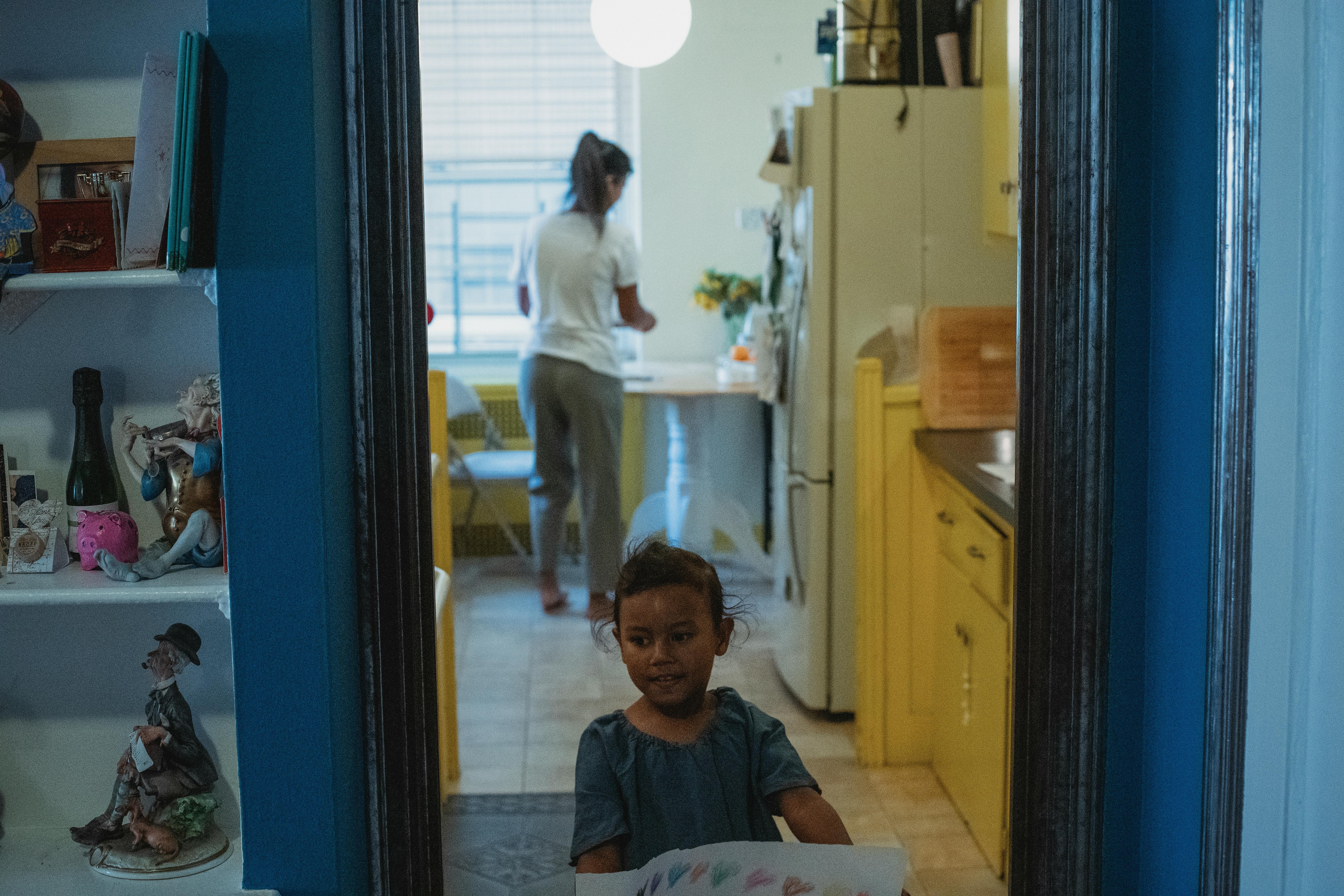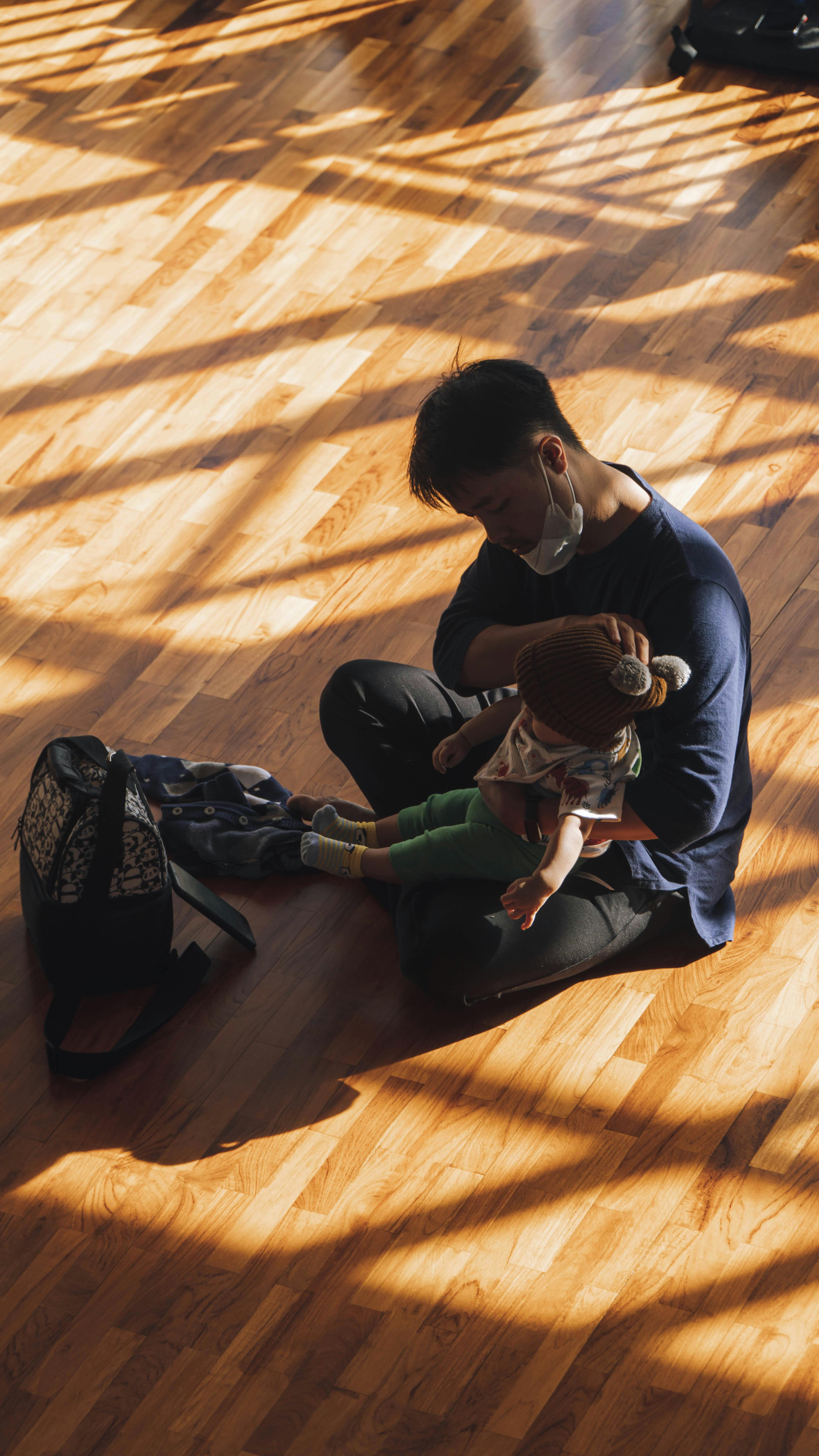Table of Contents
Safety Tips for Preventing Accidents
One of the most important aspects of babysitting is ensuring the safety of the children in your care. To prevent accidents from occurring, it is essential to create a safe environment for the children to play in. This includes removing any potential hazards, such as sharp objects, small toys, or tripping hazards. Additionally, it is important to closely supervise the children at all times, especially when they are engaging in activities that could be dangerous, such as swimming or cooking. By being vigilant and proactive, you can help prevent accidents from happening.
On-Demand Childcare in Your Neighborhood
Book a Sitter
Emergency Preparedness
Despite your best efforts to prevent accidents, emergencies can still occur. As a babysitter, it is crucial that you are prepared to handle any unforeseen situations that may arise while you are caring for the children. This includes knowing basic first aid techniques, such as CPR and how to treat minor injuries. It is also important to have a clear understanding of what to do in case of more serious emergencies, such as fires or severe weather. By being prepared and staying calm in stressful situations, you can help ensure the safety and well-being of the children in your care.
Safe Sleeping Practices
Many parents entrust their babysitters with the task of putting their children to bed. To ensure that the children sleep safely while you are babysitting, it is important to follow safe sleeping practices. This includes placing babies on their backs to sleep, ensuring that cribs meet safety standards, and keeping soft bedding, toys, and other suffocation hazards out of the crib. By following these guidelines, you can help reduce the risk of Sudden Infant Death Syndrome (SIDS) and ensure that the children sleep soundly and safely.

Childproofing Basics
Childproofing is an essential aspect of babysitting, especially when caring for young children who are prone to exploring and getting into mischief. Before the parents leave, take the time to childproof the home by securing cabinets, covering electrical outlets, and removing any small objects that could be a choking hazard. It is also important to block off stairs and other areas that could be dangerous for young children.
By childproofing the home, you can help prevent accidents and keep the children safe while in your care.
Communication with Parents
One of the most important aspects of babysitting is maintaining open and clear communication with the parents. Before the parents leave, make sure to discuss any specific instructions or guidelines they have for caring for their children. This includes bedtime routines, dietary restrictions, and any medications the children may need to take. It is also important to provide regular updates to the parents throughout the evening, such as how the children are doing and any activities they have participated in. By communicating effectively with the parents, you can ensure that everyone is on the same page and that the children receive the best possible care.










